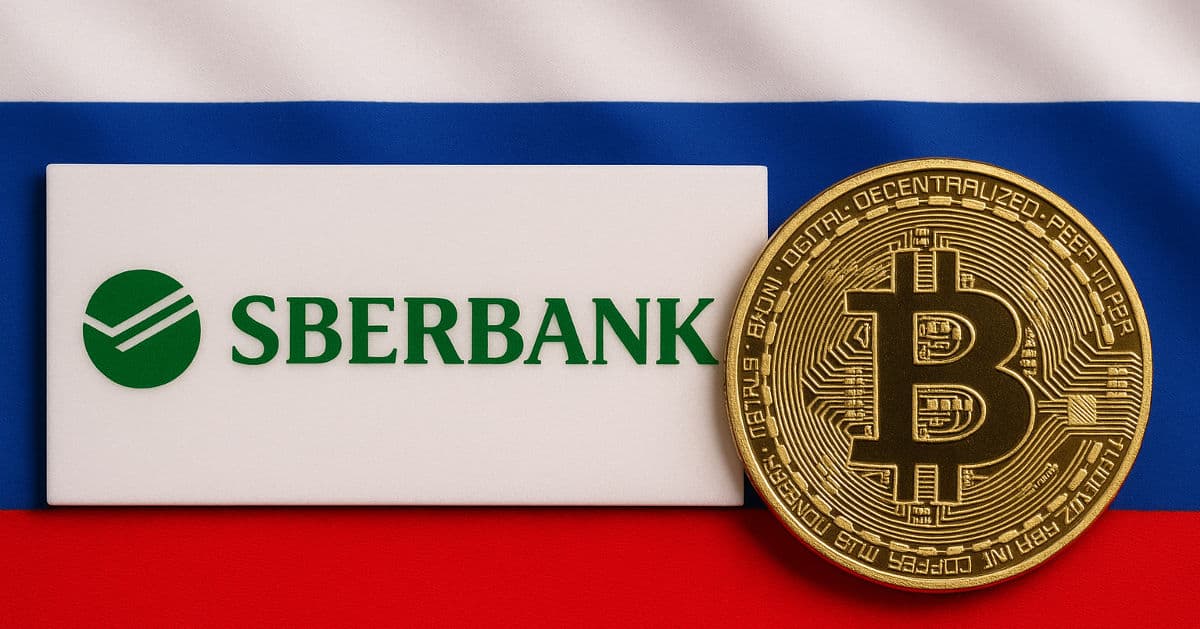Sberbank to Offer Crypto Custody Services, Strengthening Russia's Digital Asset Infrastructure

Moscow – Sberbank, Russia's largest banking institution, announced its intention to offer crypto custody services for domestic businesses, marking a significant step in the country's evolving digital asset landscape. The move, revealed around July 17-18, 2025, positions Sberbank as a key player in providing secure and regulated storage solutions for cryptocurrencies within Russia. This initiative comes as a strategic response to increasing demand for digital assets and a broader shift in Russia's regulatory approach to bypass Western sanctions.
Anatoly Pronin, Executive Director of Sberbank’s alternative payment solutions division, confirmed that the bank has submitted proposals to the Central Bank of Russia regarding the regulation of crypto assets. He emphasized that Sberbank aims to treat crypto holdings similarly to traditional bank accounts, ensuring token security and allowing for the freezing of assets in cases of suspected illegal activity. This approach is designed to enhance transaction security and protect accounts from potential breaches.
The decision aligns with recent legislative changes in Russia that permit businesses to utilize digital currencies for international transactions, a measure aimed at navigating existing sanctions. Gleb Zemskoy, director of blockchain technology and digital currencies at Insight Finance, underscored the importance of domestic control over these services, stating, "The backbone of the crypto economy, custody services are currently under private foreign control. This presents a significant risk." Sberbank's entry seeks to mitigate this risk by providing a local, regulated alternative.
Beyond custody services, Sberbank is exploring further integration into the digital finance sector. The bank plans to introduce structured investment products and Bitcoin futures via the Moscow Exchange, with all transactions conducted in Russian rubles in compliance with national legal frameworks. These developments signal a strategic shift in Russia's approach to digital assets, making them more accessible and secure for domestic participants and potentially redefining the country's financial market.